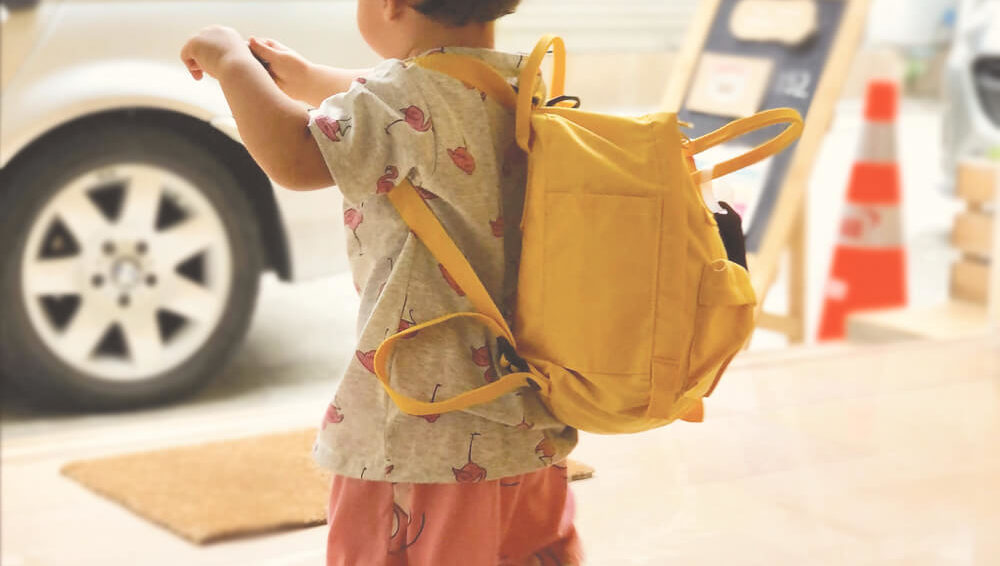Things to consider when thinking about sending your child to a nursery
Looking Forward

One day, you will have to ask yourself what is the right education for my little Your Child. Here are five things you may want to think about when choosing a nursery or kindergarten.
Location
One of the most important criteria for sending Your Child to daycare or kindergarten is location, especially in the first 5 years when traveling on a school bus can be difficult for Your Child. To find good schools close to you, talk to your friends, or fellow moms you might meet at playgroups, or use Google Maps. Just type in “preschool” or “daycare” or “kindergarten”.
Class or school size
When evaluating the size of a school, the total number of children is not that important, rather the size of each group and the ratio of teachers to children. Young children need special attention and may get stressed when it’s too crowded or too loud. Germs and diseases also spread faster in big groups. The ideal ratio of teachers to children below the age of three is 1:3. For the ages three to five years, one teacher should not care for more than 10 children.
The settling-in process
The attachment to you or their father is of critical importance for the child’s well-being and development. When settling into a nursery, preschool, or kindergarten, that bond needs to be respected so that the child can transition safely and without too much mental stress. Good preschools let you visit and stick around for the first 3-5 days so that little Your Child can get familiar with the new environment and people without experiencing any trauma.
An international education
There is no better time for Your Child to learn a second language than in the first 5 years of life, so if you can, you might choose an international preschool. When scouting for the right school, make sure that their teachers are native in their language, as young children — and us adults for that matter — learn language through full immersion instead of instruction.
Alternative schools
All around the world, more and more parents want an alternative, more modern education for their children. Three popular approaches are Waldorf, Montessori, and Reggio Emilia. Most alternative schools don’t believe in grading young children or separating them by age. Instead, they focus on each child as an individual learner, a concept called “child-centric.” Creative subjects, projects, and play are their preferred method of learning. Most alternative schools believe that children should be encouraged to follow their interests, so they learn to love themselves for who they are. Once that happens, they can develop a positive self-image and passion for lifelong learning.



